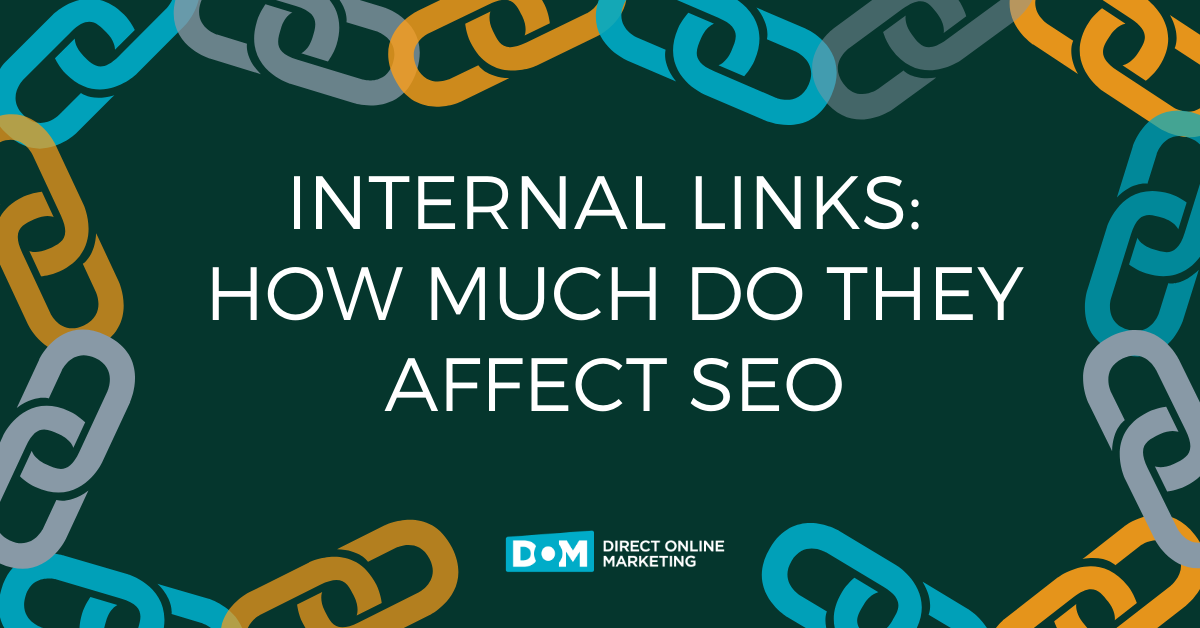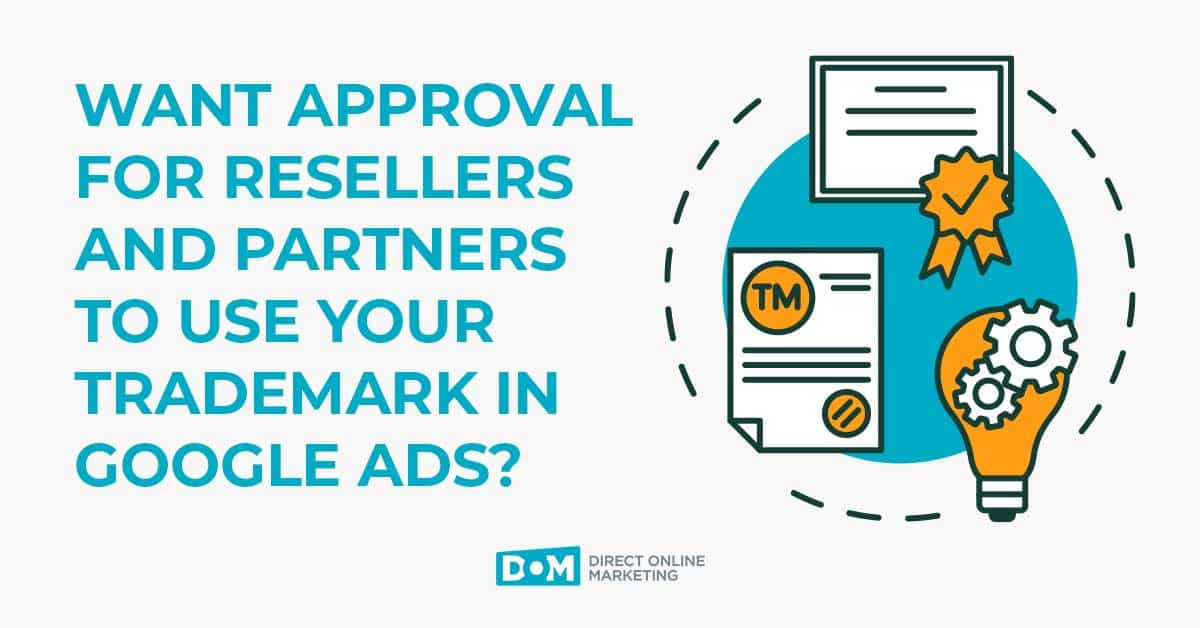
On Halloween, we cited some Harris Interactive research regarding how consumers like to find answers to their healthcare questions. We also asked you “What are the most used online resources to gather information on a health question/concern?” Probably a bit of a misleading question since some people answered what they used while others answered what they thought most people used.
Either way, the results of the survey and the actual data from HI after the jump.
Most Popular Online Resources for Healthcare – DOM Survey
Here’s how you voted:
- Health encyclopedia Website – 52%
- Search engine – 28%
- General health-related Website – 7%
- Website for a health-related organization – 7%
- Website for a specific drug – 7%
- Other – 4%*
* One industrious commenter who likes to color outside the lines voted for a split among (in order): Twitter, Google’s main page / Hakia.com, and Google Alerts.
Most Popular Online Resources for Healthcare – HI Research
- General health-related Website – 56%
- Search engine – 55%
- Health encyclopedia Website – 18%
- Website for a health-related organization – 15%
- Website for a specific drug – 11%
- Other – 27%
Well, of course, you knew search engines had to be at or near the top if I were going to blog about it. This really stunned me, though, when I saw it. I wouldn’t have thought search engines would have been so close a #2 and probably would have guessed they’d be third below health encyclopedia sites. And I’m still shocked people on average will go online for answers to their health care questions more often than they’ll consult a health professional. Ease of access and cost (free) certainly are two parts of that answer, though it’s probably a lot richer than that.
Your Takeaways
If you’re a healthcare provider or anyone in a related field, you must realize that people are primarily looking online for solutions to their health problems. Your site had better be plenty visible, especially with our friends at Google, Yahoo!, and Live.com (MSN).
Consider utilizing both a seo strategy and a paid search (or pay per click) program; each has its benefits and they’ll work better in tandem than separately: think 1+1=3.
Also, keep in mind that paid search campaigns can be customized on a geographical level all the way down to the city. Google AdWords, Yahoo! Search Marketing and Microsoft adCenter allow you to select the geographic location of searchers by country, state, or metro area. Google also lets you pick a point on a map and draw a radius of your choosing.
That way, if you’re a top-flight cancer center in Pittsburgh, you can choose to treat people from all over the world or nation. And a dentist in a small town in Ohio can choose just to show up in her city/county/service area so you don’t have to worry about paying for clicks from a searcher in Los Angeles.
Want to check out more of our actionable ideas to grow confidently online in the medical and health industry? Check out some of these blog posts below.
- 12 Addiction Treatment Marketing Tactics To Kickstart Rehab Growth
- Google Medic: How to SEO Proof Your Site in the Trust Authority Era
- How To Optimize Your Hospital for Local Search
- 30+ ‘Best Month Ever’s’ for an Eating Disorder Treatment Center
- How do People Find Answers to Health Related Questions?


